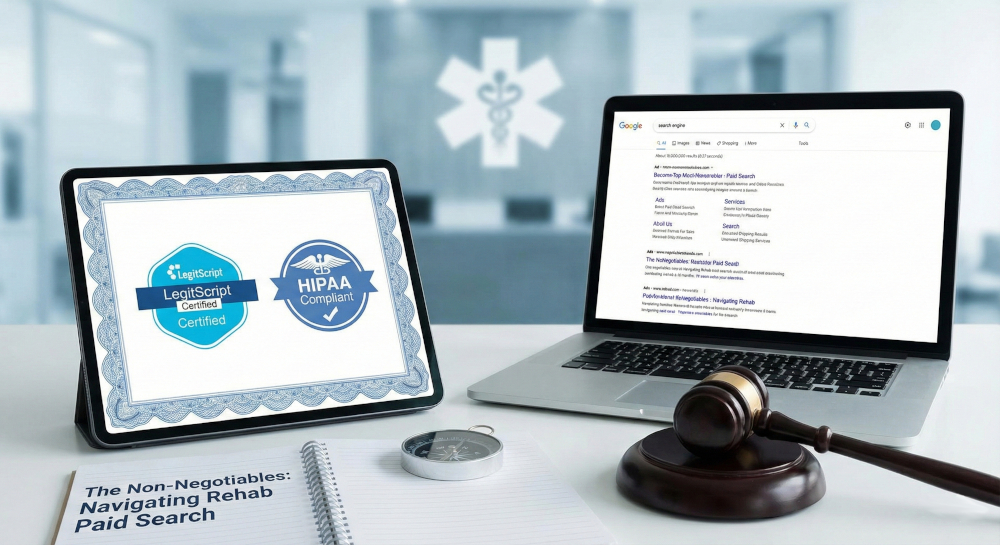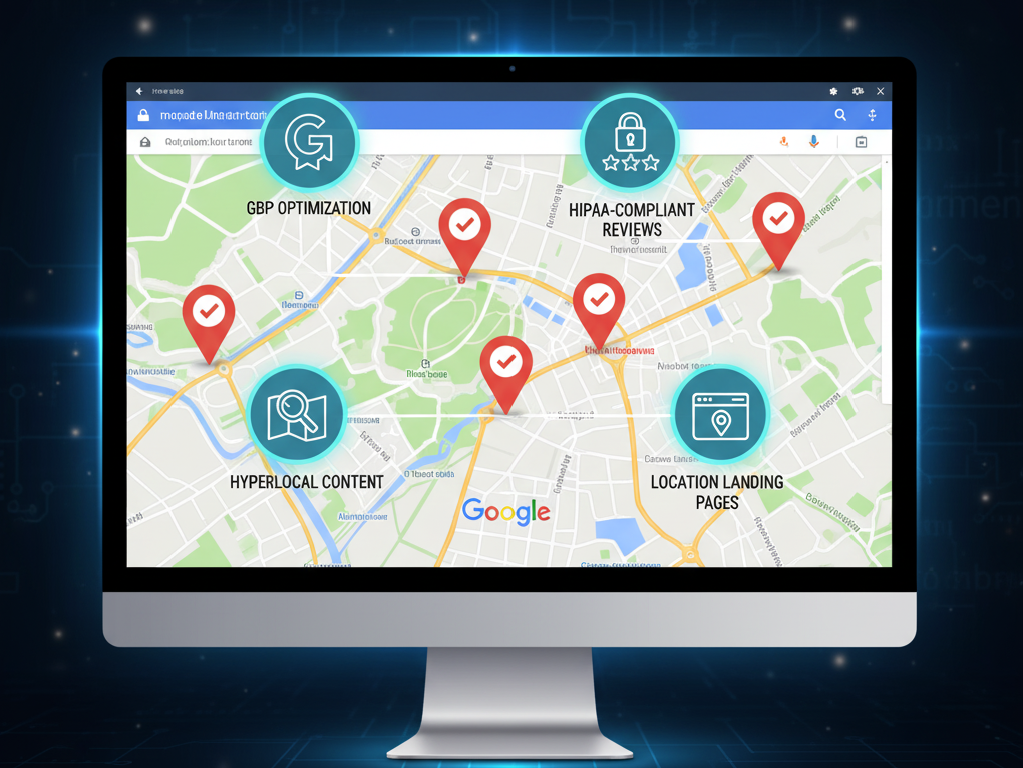In the coming months, Facebook will release its Clear History tool. Once it is released, the new feature will allow users to see, manage, and disconnect activity that happens off-Facebook from their user profile. As such, the tool will impact marketers ability to reach a targeted audience on the platform.
Overview
What is the Clear History Tool?
The Clear History tool was announced at the 2018 F8 Conference. Facebook says the feature will allow users to see the websites and apps that send Facebook information when they are used. It will also give users the power to delete the information from the account and turn off the ability for Facebook to store the information associated with your account moving forward.
Apps and websites that use features such as the Like button or Facebook Analytics send Facebook information to make their content and ads better and more relevant. Facebook uses the information to improve your Facebook experience.
If users clear their history or use the new setting, Facebook will remove identifying information so a history of the websites and apps you’ve used will not be associated with your account. The browsing history isn’t erased or removed, but instead made anonymous. Facebook still plans to provide apps and websites with aggregated analytics so they can build reports to let developers know whether their apps are more popular with certain genders or age groups. Facebook will do this without storing the information in a way that is associated with your account – and they will not provide information about who the people are to advertisers.
According to the Facebook Newsroom post from May 2018, it will take a few months to build Clear History, since they will be working with privacy advocates, policymakers, regulators, and academics to get input on the approach, including how they plan to remove identifying information and rare cases where the information is needed for security purposes.
What Marketers Need to Know
Providing Users with Control and Transparency Makes for Better Business
When people know how their information is used, it makes them feel better about ads and the businesses they interact with online. Ads are how Facebook, Instagram, Messenger, and WhatsApp are made free for people to use. The same can be said for many online services. It’s important to understand that protecting people’s information and advertising are not working against each other; it is possible to do both.
Facebook is Helping Users See How Advertisers Use Their Tools
A large part of the clear history tool is helping people understand how the advertisers use Facebook business schools. Facebook is working hard to deliver this type of transparency on Facebook. They are also open to conversations with other businesses about approaches they may take to help people understand more about what data they share and the value that share offers. Businesses are encouraged to start thinking about ways to educate their consumers regarding their marketing practices.
The New Feature May Impact Targeting
When a user decides to disconnect their off-Facebook activity, Facebook will no longer be able to use that data for targeting. This means that targeting options powered by Facebook’s business tools, such as the Facebook Pixel, can’t be used to reach someone with ads. This includes Custom Audiences built from website visitors and app users. Businesses should remember this when they are developing strategies for these kinds of campaigns in the future.
Until now, marketers have been able to install the Facebook Pixel on their website to match people who’ve visited their websites to who they are on Facebook so they can continue to advertise to them. While the Clear History tool will affect targeting because a portion of users will exercise the control and disconnect their off-Facebook activity, there are still some users who will not mind sharing that information. As such, you may still benefit from using the Facebook pixel and Custom Audiences. It’s likely, however, the audience will be smaller. The Clear History feature will also affect businesses that use the SDK or the API.
Measurement Will Remain Intact
That said, Facebook’s measurement and analytics tools have been designed to protect users’ identities. There is no sharing of personal information such as names and phone numbers in the measurement and reporting tools. As of now, Facebook does not anticipate making changes to measurement once the Clear History feature is live. Because of this, Facebook will still be able to provide accurate measurements to understand the impact of their investment in Facebook Ads, while still allowing people to exercise control over their off-Facebook activity.
The marketing industry is seeing the first glimpse of an entirely new Facebook. This iteration of the social platform is more focused on one-on-one messaging and privacy than it is on public social feeds. While this is a good move for users, businesses may need a bit of time to adjust, simply because the ad targeting options are going to become more limited. As we embark on the new era of Facebook, we must begin reconsidering how to connect with our audiences, both on and off the platform.
Contact us today to get the conversation started!










